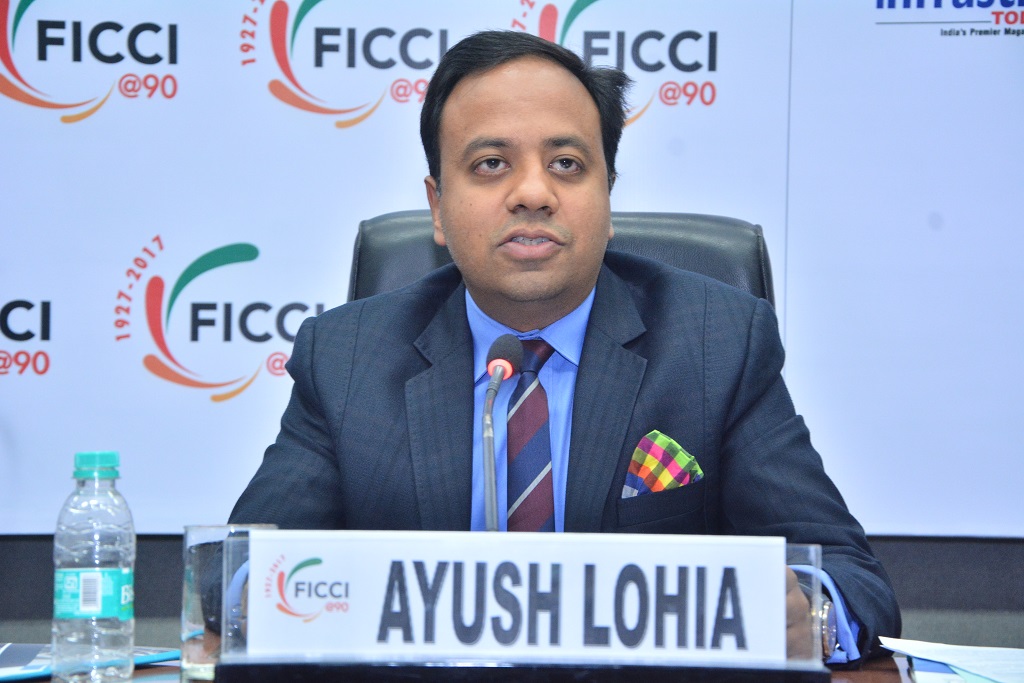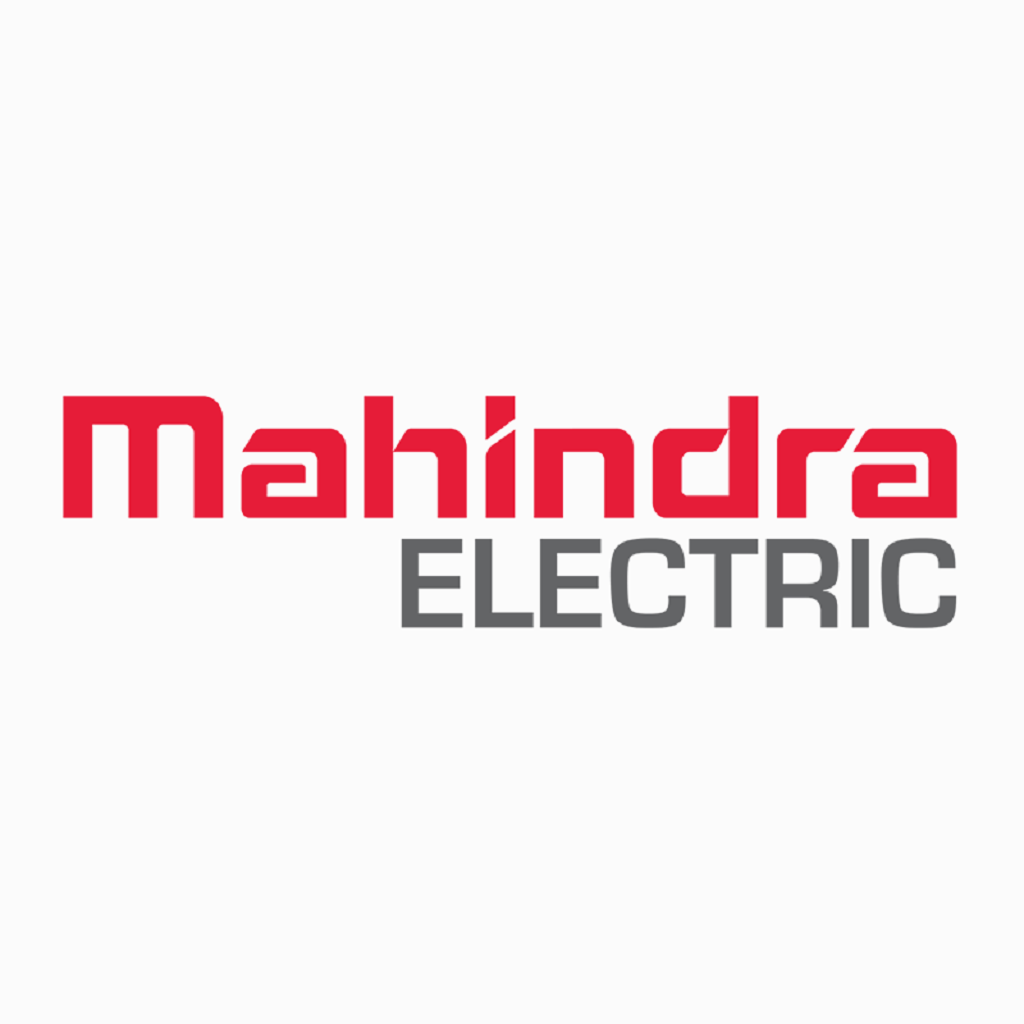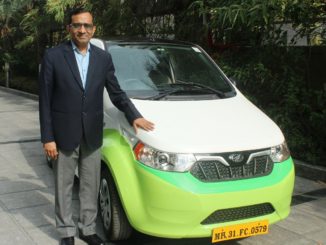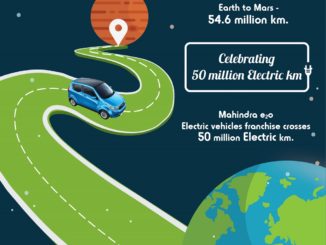– Cost of ownership, range, battery and ease of charging are key issues to mass adoption
New Delhi, 21 November, 2017: The Indian EV industry maintains that a lot needs to be done to achieve the 2030 target. EV adoption is possible if government supports the last mile connectivity including personal transportation. Also cost of ownership coupled with other challenges act as a key hindrance to EV mass adoption. Range of EVs is a challenge as there are limited models. Then the underdeveloped infrastructure, as the ease and the speed of charging is an obstacle.
In the recently organized Smart Mobility Conference by industry body (FICCI) Ayush Lohia, CEO, Lohia Auto Industries, gave valuable insights. “The year 2017 will be remembered as a significant one for defining India’s mobility architecture. India has announced big plans for finding next generation transportation solutions including Ethanol, Methanol & electric vehicles. But despite the hype, electric vehicles enjoy niche rather than mass-market appeal.
Nothing has caught the imagination of the industry and policy makers quite like the government’s ambitious plans for a mass scale shift to electric vehicles (EVs) by 2030 so that all vehicles on Indian roads by then-personal and commercial-will be powered by electricity.
Furthermore, we need to understand that the greatest contributor to the price is the battery, which is responsible for a major portion of the cost of an electric vehicle. We need Lithium ion battery with better efficiency and costing. Added Ayush Lohia.
Also there needs to be an amalgamation of all government agencies to get the government approvals. In addition there needs to be development of the tech before EV becoming main stream.” Concluded Mr Lohia.
Also during the conference Mr. Mahesh Babu. CEO Mahindra Electric and Mr. Awadesh Kumar Jha,VP Charge & Drive & Sustainability, Fortum India were present.



